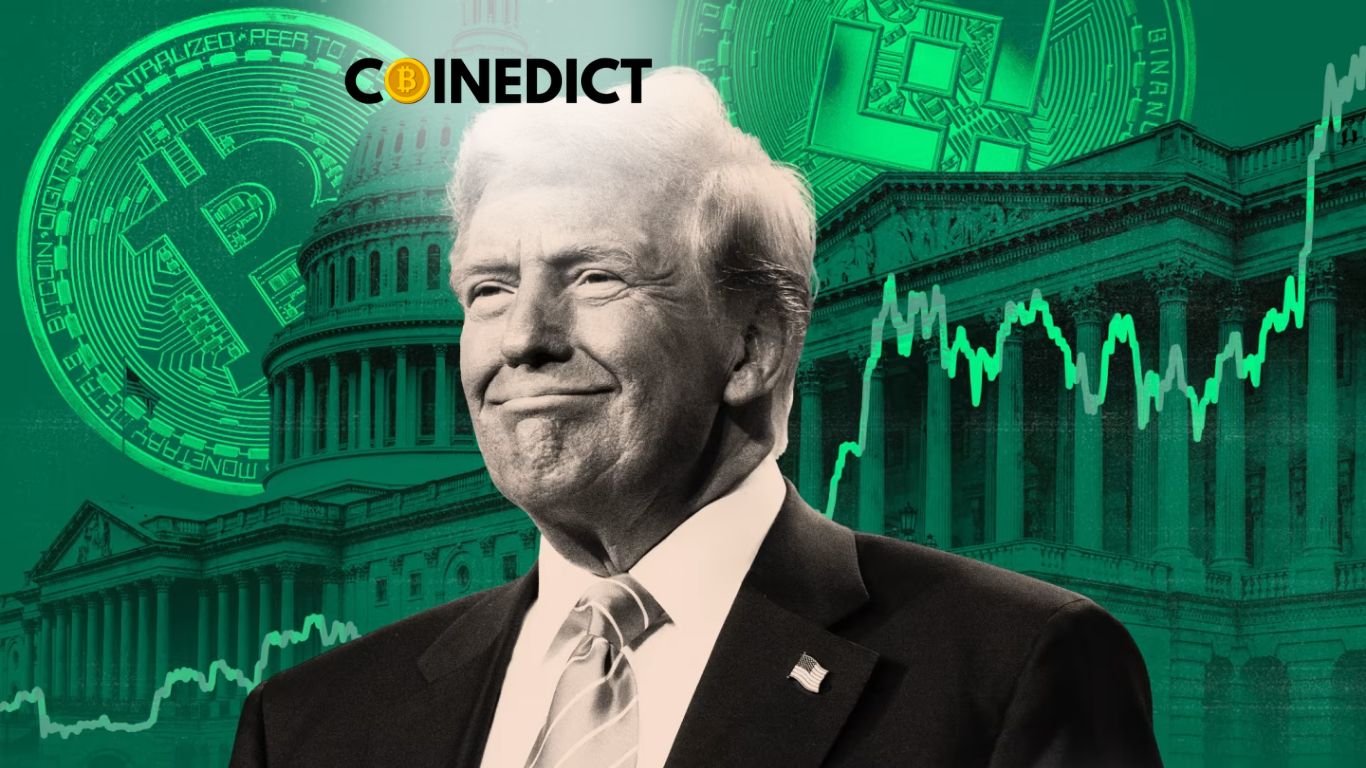The U.S. Bitcoin mining industry is facing a serious challenge as new tariffs on Chinese exports threaten to drive up costs and slow expansion. Former President Donald Trump has imposed a 34% tariff on Bitcoin mining equipment from China, a move that could significantly impact American mining companies that rely on Chinese hardware.
Crypto Market Takes a Hit
Trump’s executive order, signed on April 2, enforces reciprocal tariffs on nations that impose duties on U.S. goods. While the general tariff rate is 10%, certain countries—including Thailand (36%) and Malaysia (24%)—were hit with much higher rates.
The crypto market reacted swiftly to the news. Bitcoin (BTC) dropped by 3.18%, falling from $85,238 to $82,526, while the overall crypto market lost around 4% of its total value between April 2 and April 3.
Crypto-related stocks also suffered:
- Coinbase (COIN) fell by 7.7%
- MicroStrategy (MSTR) dropped 5.6%
Impact on U.S. Bitcoin Miners
Since China banned Bitcoin mining in 2021, the U.S. has become a global mining hub, thanks to its regulatory stability and affordable energy. However, the new tariffs are forcing mining companies to rethink their expansion plans.
According to Gadi Glikberg, CEO of CodeStream, the tariffs won’t drive miners out of the U.S. completely, but they could slow down growth and investment.
Meanwhile, mining hardware suppliers are rushing to deliver equipment before the tariffs kick in. Taras Kulyk, CEO of Synteq Digital, confirmed that his company is fast-tracking thousands of mining units from Southeast Asia before the new costs take effect.
Hardware Manufacturers Adapting
With tariffs making Chinese imports more expensive, some manufacturers are shifting production:
- Bitmain Technologies, the largest Bitcoin mining hardware producer, announced plans to open a facility in the U.S.
- MicroBT has partnered with Riot Blockchain, one of the biggest U.S. mining companies, to expand its American manufacturing presence.
What’s Next?
Investors are already factoring in the impact of the tariffs—shares of major U.S. mining firms, including MARA Holdings and CleanSpark Inc., dropped by around 10%.
With the tariffs taking effect on April 5, mining companies will have to navigate higher costs, potential delays, and long-term shifts in the industry. Whether the U.S. remains a dominant player in Bitcoin mining will depend on how businesses adapt to these new challenges.











